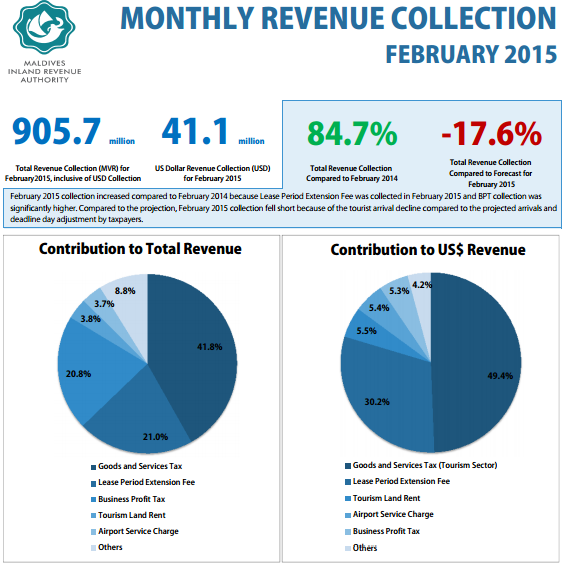The rule of law and human rights in the Maldives have been “severely damaged” by the Criminal Court’s sentencing of former President Mohamed Nasheed to 13 years in prison on terrorism charges, NGO Maldivian Democracy Network (MDN) has said.
In a press release yesterday, MDN Executive Director Shahindha Ismail noted that Nasheed was denied legal representation despite repeated requests in every since hearing since March 9 when his legal team quit in protest of the court’s refusal to grant sufficient time to study the prosecution’s evidence and mount a defence.
“Should Nasheed appeal this decision, we strongly urge the higher courts to ensure that the blatant contraventions of human rights and fair trial standards by the Criminal Court are not condoned or accepted,” said Shahindha.
“We urge the Judiciary, together with other relevant institutions, including the Human Rights Commission of Maldives and the Parliament, to act immediately to stop the backslide in the rule of law and human rights in Maldives, which has been severely damaged by yesterday’s verdict.”
She also pointed to several instances when judges answered for the prosecution and state witnesses during cross examination.
Moreover, MDN noted that the three-judge Criminal Court panel ruled that two of the judges did not have a conflict of interest in presiding over the case despite having provided witness statements during the investigation.
Nasheed was accused of ordering the military to arrest Criminal Court Chief Judge Abdulla Mohamed in January 2012.
Shahindha meanwhole noted that two of the judges who refused to recuse themselves were “allegedly involved in the incident for which Nasheed was charged, and have been among the witnesses requested by Nasheed,” adding that Nasheed was also denied admission of witnesses to counter the prosecution’s case.
“The right to freedom of expression and media freedom, as well as the right to freedom of peaceful assembly, have also been suppressed in the context of the persecution of Nasheed,” MDN noted.
“On 8 March 2015, Rajje TV journalists were arrested and forced to delete the video footage after they videotaped an alleged meeting at a café in Malé between a presiding judge in the trial and the Prosecutor General. Key media outlets were also denied access to the courtroom during Nasheed’s trial. Over 50 Nasheed’s supporters have been arrested for protesting against the arrest and trial of Nasheed since his arrest on 22 February 2015. Many of them were released by the court on the condition that they do not attend a protest or rally for 60 days.”


